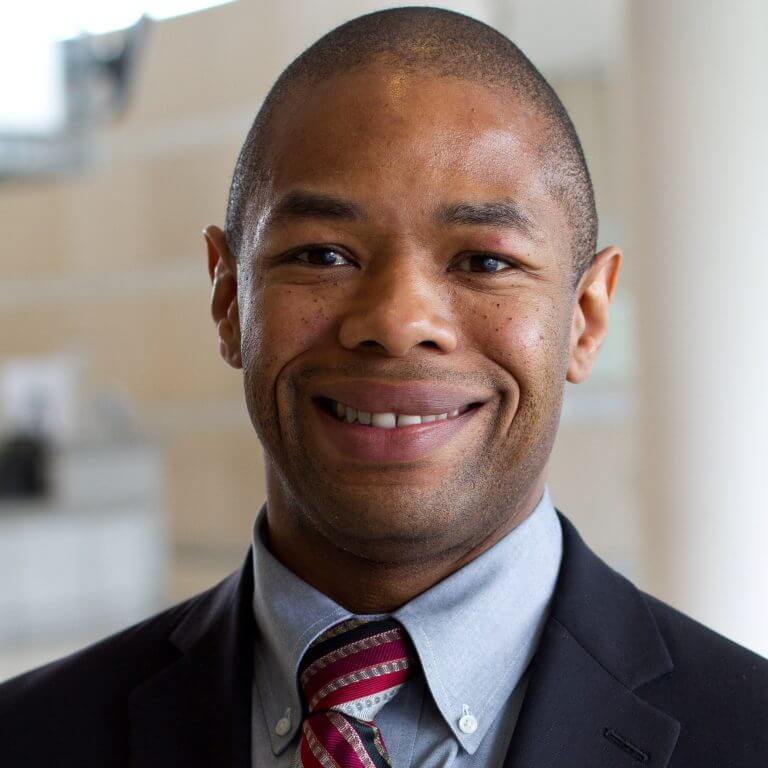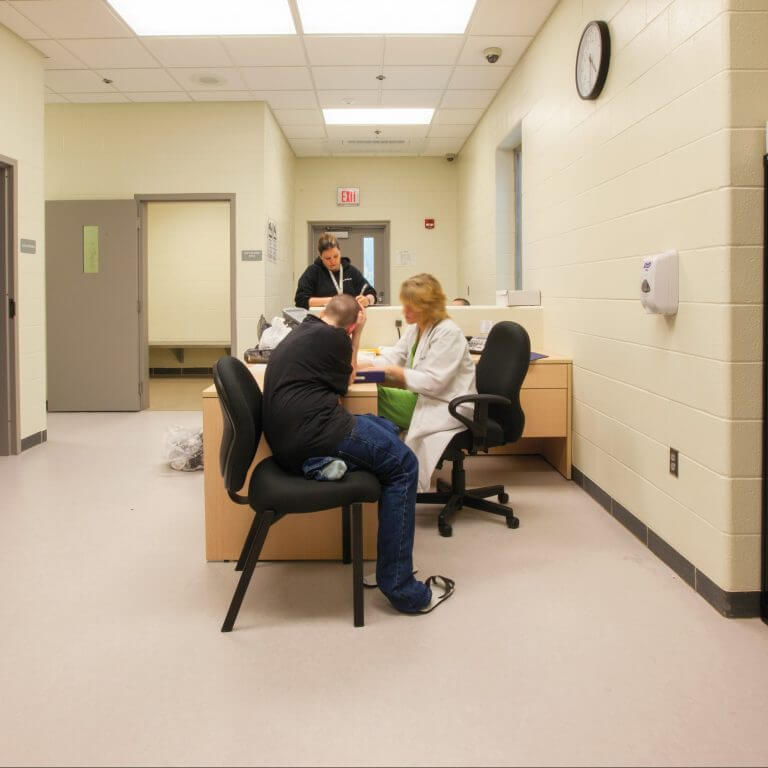The Challenge
Each year, 1.5 million people are treated in an emergency department for a violent injury and survive their wounds. These victims find themselves at a potentially life-changing moment: while being treated, some weigh the question of how the experience may change their lives. Others feel angry and may think about retaliating. Most are discharged to the hostile environments in which they were hurt, without supports to address the issues that led to their injuries. National statistics demonstrate the devastating long-term effects of this approach: within five years of their release from the hospital, 45 percent of severely wounded victims will be reinjured; nearly 20 percent will be dead.
The Project
Recognizing the need to intervene during this crucial time in victims’ lives, Drexel Medicine emergency physician Dr. Ted Corbin co-founded Healing Hurt People (HHP) with Dr. John Rich, a public health expert; Dr. Sandra Bloom, a psychiatrist who developed the Sanctuary Model; and Linda Rich, a psychotherapist with extensive experience in health policy and program planning. HHP addresses the physical, emotional, and social needs of young people once they are released from the hospital to resume their lives in the communities where they were injured. The ultimate goal of the program is to intervene in the cycle of violence that can trap these youth, particularly young men of color.
This Stoneleigh Fellowship enabled Ted to:
- Manage the successful replication of the HHP model at Temple University Hospital, Einstein Medical Center, and Penn Presbyterian Medical Center, with support from the Department of Behavioral Health and Intellectual Disability Services of the City of Philadelphia. In addition, the HHP model has been replicated in hospitals in Portland, OR, and Chicago, IL.
- Create an interdisciplinary Youth Injury Review Panel that convenes leaders from a variety of sectors—including education, criminal justice, public defense, housing, probation, social services, medicine, and public health— to examine ways that each system can contribute to a reduction of violent injury.
- Launch a rigorous research study to assess the model’s long-term impact on re-injury, retaliation, trauma symptoms, and involvement with the criminal justice system. This research will also reveal the program’s effect on participants’ connections to physical and mental health services, employment, and education.
- Provide national leadership in the movement to end violence using a public health approach. HHP serves as the headquarters for the national Network of Hospital-based Violence Intervention Programs.






